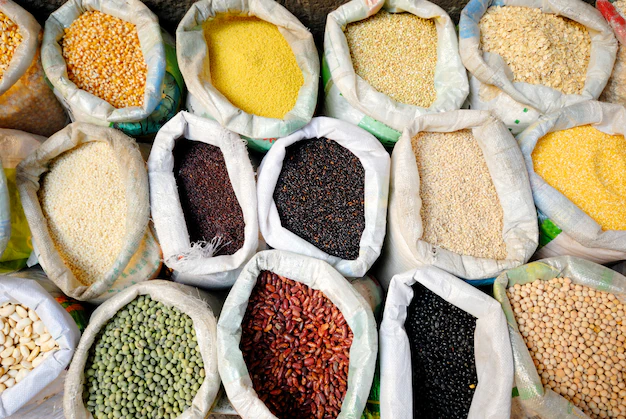Cabinet approves MSP for Kharif crops for Marketing Season 2024-25
The highest absolute increase in MSP over the previous year has been recommended for oilseeds and pulses viz. nigerseed (Rs 983/- per quintal).
The Union Cabinet chaired by Prime Minister Narendra Modi approved the increase in the Minimum Support Prices (MSP) for all mandated Kharif Crops for Marketing Season 2024-25. Government has increased the MSP of Kharif Crops for Marketing Season 2024-25, to ensure remunerative prices to the growers for their produce. The highest absolute increase in MSP over the previous year has been recommended for oilseeds and pulses viz. nigerseed (Rs.983/- per quintal) followed by sesamum (Rs.632/- per quintal) and tur/arhar (Rs.550/- per quintal).
The increase in MSP for Kharif Crops for Marketing Season 2024-25 is in line with the Union Budget 2018-19 announcement of fixing the MSP at a level of at least 1.5 times of the All-India weighted average cost of production, The expected margin to farmers over their cost of production are estimated to be highest in case of bajra (77 per cent) followed by tur (59 per cent), maize (54 per cent) and urad (52 per cent). For rest of the crops, margin to farmers over their cost of production is estimated to be at 50 per cent.
In the recent years, Government has been promoting the cultivation of crops, other than cereals such as pulses and oilseeds, and Nutri-cereals/ Shree Anna, by offering a higher MSP for these crops.
During the period 2003-04 to 2013-14 for 14 crops covered under Kharif Marketing Season, the minimum absolute increase in MSP was Rs.745/- per quintal for Bajra and maximum absolute increase was Rs.3,130/- per quintal for Moong while during the period 2013-14 to 2023-24, the minimum absolute increase in MSP was Rs.780/- per quintal for Maize and maximum absolute increase was Rs.4,234/- per quintal for Nigerseed. Details are at Annexure-I.
During the period 2004-05 to 2013-14, the procurement of 14 crops covered under Kharif Marketing Season was 4,675.98 Lakhs Metric Ton (LMT) while during the period 2014-15 to 2023-24, procurement of these crops was 7,108.65 LMT. The year-wise details are at Annexure-II.
As per the 3rd Advance Estimates of production for 2023-24, total foodgrain production in the country is estimated at 3288.6 Lakhs Metric Ton (LMT), and oilseeds production is touching 395.9 LMT. During 2023-24, kharif production of rice, pulses, oilseeds and nutri-cereals/Shree Anna and cotton is estimated to be 1143.7 LMT, 68.6 LMT, 241.2 LMT, 130.3 LMT and 325.2 Lakh bales, respectively.
The highest absolute increase in MSP over


